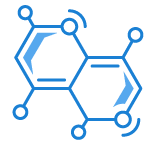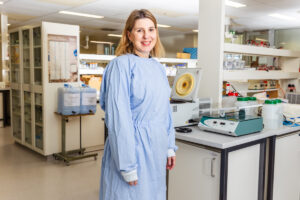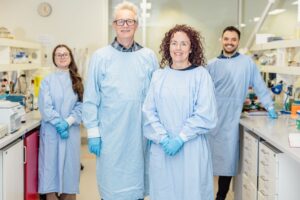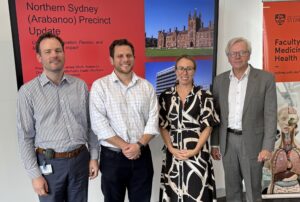Cardiovascular and Renal Research
We are leaders in the research, diagnosis and treatment of cardiovascular and renal disorders, and heart failure. The heart and kidneys are intrinsically linked as part of the cardiovascular system, leading to health challenges of both organs, and a diverse range of related disorders such as diabetes, blood diseases and endocrine disorders. Our ability to address these comorbidities from the basic biomedical foundations right through to therapies and prevention places the Kolling at the forefront of multidisciplinary care.
Our research teams boast strong clinical trials expertise and partnerships with industry, ensuring our research directly informs clinical care.
Our multidisciplinary, collaborative teams connect scientists, clinicians and allied health in the fight against disease, positively impacting patient care and community health.
Areas of strength
Leadership Group

Associate Professor Xin-Ming Chen
Co-Chair, Cardiovascular and Renal
Postdoctoral Scientist, Renal Research Laboratory

Associate Professor Sonia Saad
Co-Chair, Cardiovascular and Renal
Postdoctoral Scientist, Renal Research
Leadership Group members:
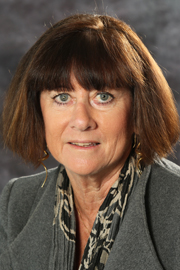
Professor Carol Pollock
Renal Research
Medicine, Northern Clinical School

Professor Sarah Glastras
Head of Department, Senior Staff Specialist, Department of Diabetes, Endocrinology and Metabolism.
Principal Research Lead, Pregnancy, Obesity and Diabetes, Kolling Institute, the University of Sydney.

Professor Christopher Ward
Northern Blood Research
Senior Staff Specialist and Director of Research
Department of Haematology, RNSH
Medicine, Northern Clinical School

Professor Martin Ugander
Cardiovascular Magnetic Resonance

Professor Gemma Figtree
Cardiovascular Discovery
Medicine, Northern Clinical School
Member of the Charles Perkins Centre

Dr Owen Tang
Research Fellow
Cardiovascular Discovery

Professor Roderick Clifton-Bligh
Head, Cancer Genetics Laboratory
Department of Endocrinology, Royal North Shore Hospital



